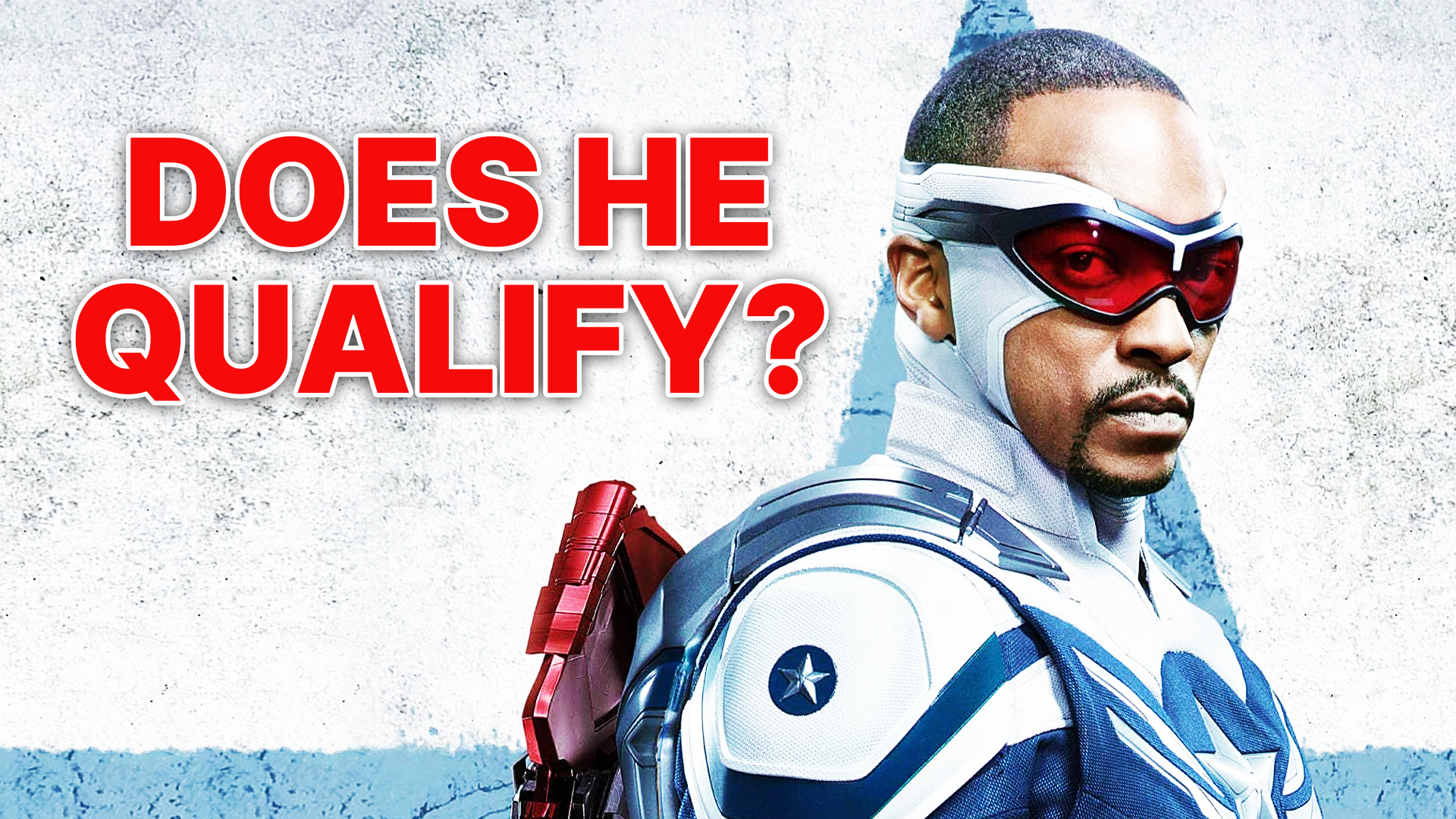At some point, just about everyone will find themselves who need a more money or funds than they have on hand, especially for big ticket expenses, like a new vehicle, home renovations or tuition fees. And in Falcon’s case, a loan could be just the ticket he needs to save the family business. In part two of our Marvel and Money series, we are understanding bank loans through the lens of Falcon and Winter Soldier. After learning that his sister was thinking of selling the family boat when their business faced increased hardship, Sam decided not what many people facing a similar dilemma would do, attempt to take out a loan.
But unfortunately for Sam, saving the world as an Avenger is not enough of a reason for the bank to do the same for his family business. To understand why, we need to first understand the function of a loan and how it works. A business loan enables business owners to manage periods of low cash flow in order to cover expenses or invest in business capital. We aren’t made privy to his entire proposal, but it sounds like Sam’s plan is to use the loan to reinvest into the business under a new operating charter, to get it running profitably again.
Banks will have different criteria, but these are the more common requirements for borrowers. A credit score within a certain range, a credit history, a domestic bank account, proof of income and, or steady employment, resident of the country in which you are applying for a loan, and be the age of majority in your country of residents. Sam’s passport is used to prove a citizenship. And other than Vision in Spiderman, there are no Avengers that aren’t the age of majority. We know Sam, or at least his family have had an account with this particular bank-teller.
So that is not an issue either, but because he can’t prove any income nor steady employment over the past five years, in universe explanation not withstanding, the bank is hesitant to offer a loan. From their perspective, nothing on paper indicates that Sam or the business have the potential to repay it.
Business loans can be secured or unsecured. A secured loan is backed by collateral, usually an asset like a vehicle or property. If the borrower defaults on a secured loan, the collateral asset could be seized by the lender. Unsecured loans don’t require collateral, but the greater risk of loss for lenders might need a higher interest rate. Sam doesn’t want to sell the family boat. So it’s possible he could have used it as collateral in this case to secure the loan.
However, for reasons the teller won’t explicitly state, this is never mentioned as an option. And because of his lack of proof of income, an unsecured loan appears untenable considering the business’s prolonged struggle to turn a profit. When managed responsibly, loans can help people in businesses out of tough situations. But if the lender’s criteria is not met, it becomes much more difficult for a borrower to secure a loan. And as the scene illustrated, this even applies to superheroes.





